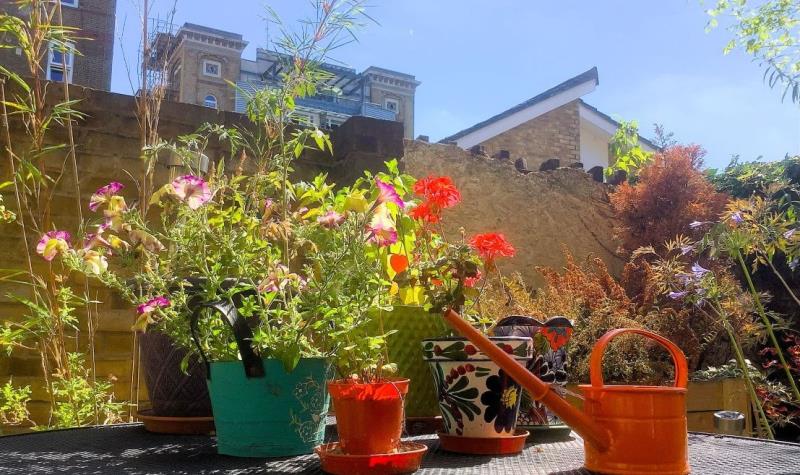


Please enjoy this free content - for more Need To Know articles please consider a subscription
Food is high on the school agenda at the moment. For starters:
In this extract from a longer conversation, SBL champions Emma Gray and Helen Burge reflect on challenges and priorities facing schools around food.
Top tip: whatever you do, do not put your food waste in the general waste bin!
Listen to the recording (five minutes) or read an edited version below.
Emma Gray: When it first hit me was when I went into a school and they were getting about £2.54 in funding for each free school meal.
And they were having to pay £3.30 for that same meal. And this was primary school, so they weren't feeding children at other times, which can sometimes balance out the difference. That seemed to me to be too much of a strain on their budget.
One of the problems is that LA's are departing from county contracts. So, the onus is much more on the independent contractor to try and keep within £2.54. Which actually isn't very much, even for a reception child's meal; you've got all the staffing, you've got the nutritional standards, you've got back office support with payments and finance. Everything that goes with that free school meal.
I think that the sustainability angle is something that's going to feature more and more next year. I'm going to pass over to Helen because she's the expert on this, but it strikes me that pupils, down to the very smallest, need an understanding of where their food comes from, farming and agriculture. How food is produced, how it works with wildlife conservation. All of that is just as important as that final meal that gets on your plate.
Helen Burge: What concerns me about that example you just gave about that school and the gap between what they're being funded and what they're having to pay a contractor, is that there's no incentive then for the school to encourage take-up of free school meals, or to encourage children whose parents haven't yet applied to have free school meals. It really worries me that the whole system there is geared against these most vulnerable children and their families. And that really saddens me.
And I don't think that it's as straightforward as saying there's a good guy and a bad guy in all of this. Because also, the catering companies, I wouldn't say they're making loads of money. They have to cover their costs, as you said. There's staffing, there's training, there's compliance, there's a whole host of things that we need them to do.
And then on top of that, what I have seen quite a lot of in schools is the enormous food waste. So we might be paying £3.30 per meal, and then in actual fact, we're throwing quite a lot of that away, as food waste.
And that's either because there's quite a lot of production waste, plate waste. The child doesn't like what's on the menu or wants to be outside playing with their friends. Or, you know, we've just done ordering incorrectly and we've got counter waste. So there's this whole issue around efficiency and effectiveness around free school meals, but also school meals generally.
And, obviously there's a sustainability part of it, and I could talk about that. There's choices that you could make about taking red meat off the menu, and replacing it with more vegetables, pulses, and maybe chicken or fish.
So there are menu discussions that you could have. And maybe in a school that finds they have a high number of children that are entitled to free school meals, but the uptake is low, they might need to have a conversation with those children, and actually do some work around the menu.
And it could be around maybe how meals are labelled, or it could be around how it looks. You have to have some really quite open and honest conversations. The contractors that I've worked with have always wanted to engage. Of course, they want uptake. They want to feed children. They don't want to produce food in a kitchen and then throw it away. They want to feed children.
It might take some time to get the right solutions in the right order, but I do think that it’s really important for schools and trusts to talk to their catering contractor or to talk to their in-house team. And then you can start having conversations about reducing food waste or where your food waste goes, whether it goes to Olio, whether you are composting it, whether your council is processing it correctly.
But whatever you do, do not put it in the general waste bin.
Listen to the full Unbound SBLs review of the year (33 minutes in total; food discussion from 6.20-11.15)








































































































